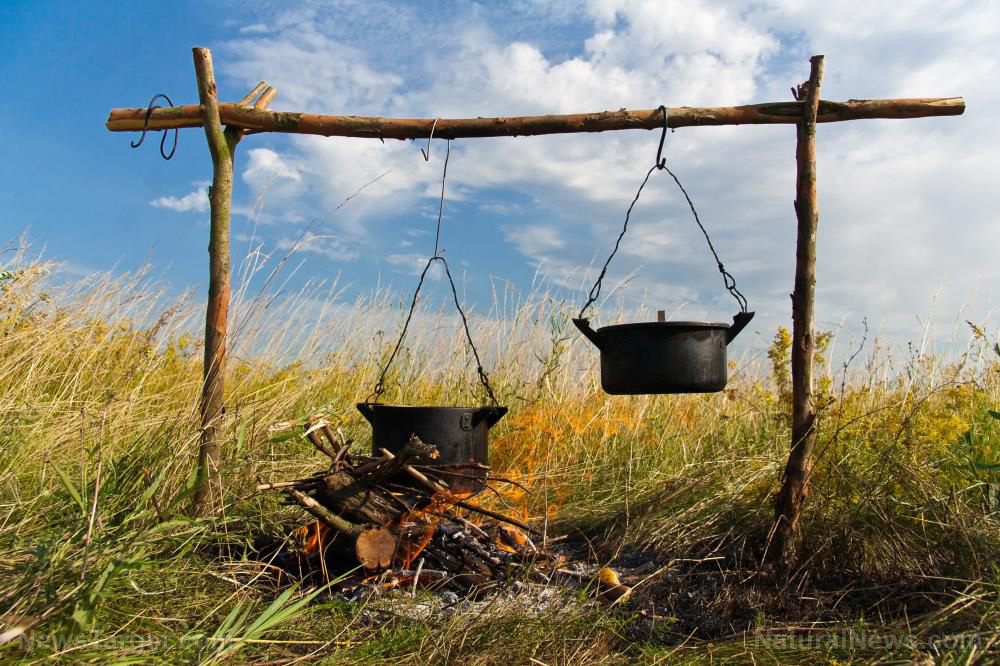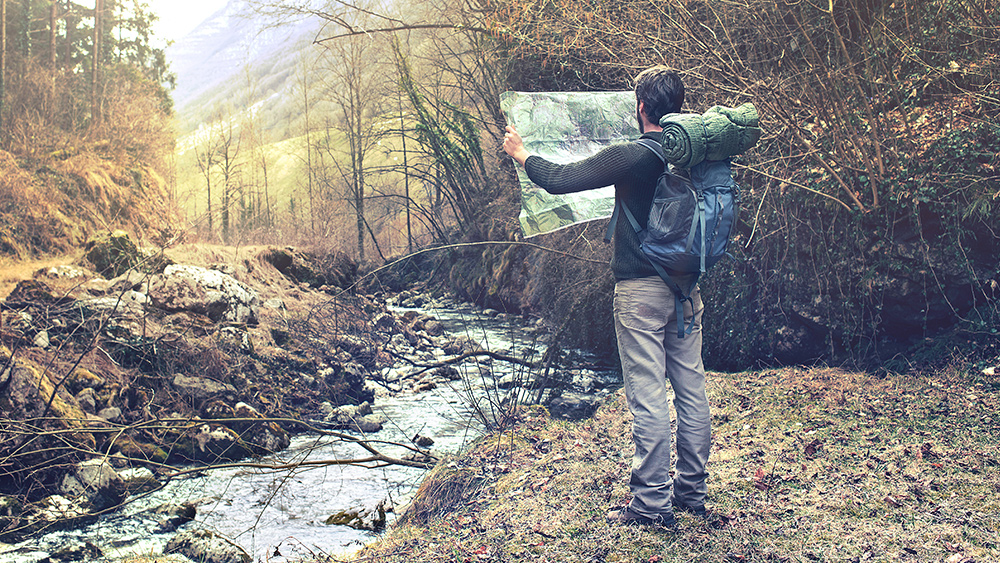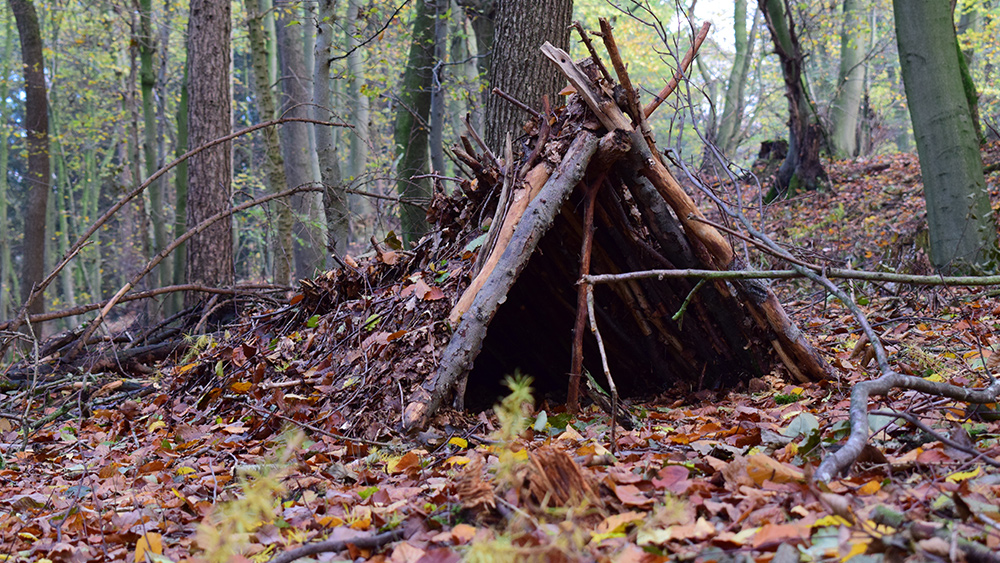
No one wants to talk -- or even think -- about what could happen in the future, especially if that horizon is painted with storm clouds. However, ignorance is never bliss when it comes to prepping, and failing to take action NOW, while everything (more or less) is still functioning, is an excellent way to be caught with your pants down when SHTF.
This article will guide you on how to look for, and scavenge, essential resources around your area before things get really crazy. Remember that we never know what could happen, so it’s best to learn everything you can now. These bits of information may conceivably be very useful when the brown stuff hits the fan.
Know your area
How well do you know your area? Regardless of where you live, you should at least know the stores, buildings, parks, and the like around you. Do you live near a forest or some walking distance from one? Try spending a day exploring the area, so you know the good hiding spots you can utilize during emergencies.
We recommend befriending mom-and-pop stores and chatting with your neighbors. They don’t have to know you’re a prepper -- especially since it’s never recommended to outwardly show off just how much you’ve prepped. (Related: Should you tell people you’re a prepper? Experts say keep your cards close to your chest.)
That said, still take the time to be generally friendly to those around you. You never know, they may be useful or helpful during a crisis.
Make and collect maps
GPS mapping will not be available during an emergency. Start by collecting or making maps now. We recommend obtaining the following on paper, but also as computer files:
- Quadrangle maps -- Otherwise known as topographic maps, these display a range of around 49 to 70 square miles of a given area. These are extremely detailed and will help you navigate around your area, or in a neighboring county, if your bug-out location is further away.
- State and local maps -- Most states provide some sort of map on their Department of Transportation website. These usually cover highway maps, which you can download as a PDF file, or paper copies may be available at DoT offices. Many states also provide county highway maps and city and town maps.
- Yellow pages -- Or similar websites. Use this to track local businesses, government phone numbers, and even individuals.
Make use of the information
Now that you know what’s around you, you can use the information to stockpile survival essentials. As we’ve mentioned earlier, chatting with your neighbors can serve several purposes. For one, you can see whether they have a trade or skill that you can learn for yourself. Learning new skills, especially those related to prepping, will increase your chances of survival during emergencies.
Second, you can also develop a type of bartering system. Maybe your neighbor raises chickens but you have a bunch of apple trees. You can trade your apples for some eggs, for instance.
Third, knowing what is around you will help you know whom to trust and where to go during emergencies. It is likely that when the S really hits the fan, you’ll need to make split-second decisions. This becomes easier when you have all the information you need.
Lastly, and we cannot emphasize this enough: Practice. Once you’ve prepared (as best as you can), make sure that you practice all your plans. Get your family involved as well. Ideally, each member of your party should know what to do in a crisis.
Read more articles about how to be a better prepper at Preparedness.news.
Sources include:
Please contact us for more information.





















